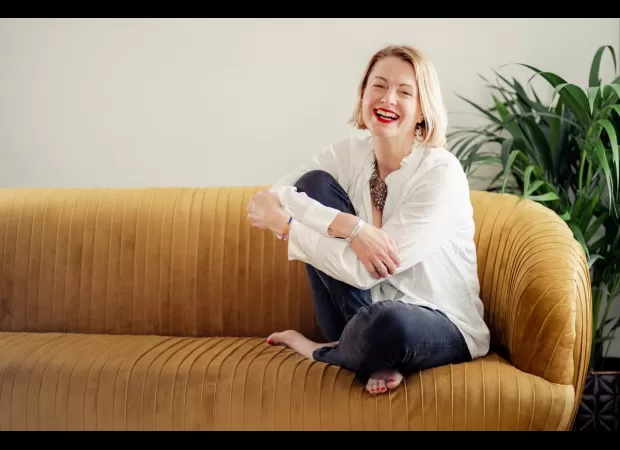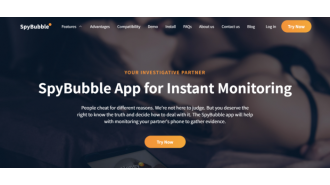A breast reduction changed my life in ways I never imagined.
My usual experiences of being stared at, teased, and receiving comments suddenly ended. People were finally interacting with me directly.

Jane's journey began in 2003 when she was told that her chances of having surgery were slim. However, after persevering and fighting through 26 miles, she finally reached the end of the Newport Marathon and let out happy tears when she saw her brother waiting for her. It was a huge achievement, one that seemed impossible a few years ago.
Jane had always struggled with her breasts, both physically and mentally. At the young age of nine, she had to start wearing a bra, which caused her embarrassment as her classmates were not yet experiencing the same changes. She became used to the teasing and taunts from her peers, but it didn't make it any less hurtful.
In secondary school, Jane started to avoid physical education classes because she felt like the movement drew too much attention to her breasts. She didn't know about sports bras, and even if she did, no one ever told her about them. When she was 12, an older boy squeezed her breasts in the school corridor, leaving her feeling humiliated and violated. From then on, she resigned herself to the fact that this was just her lot in life.
As she got older, Jane became accustomed to the lewd comments and stares, and even when a man did show interest in her, she assumed it was because of her breasts and not her as a person. She also faced discrimination at work, being banned from wearing strappy tops while her smaller-breasted colleagues were allowed to.
It wasn't until her back pain became unbearable and her mother suggested a breast reduction that Jane started to consider the possibility. She knew it was a rare occurrence on the NHS, but she was desperate for relief. After spending three years on the waiting list, she finally had the courage to see a female GP who validated her concerns but also made her feel judged and embarrassed.
At the age of 24, Jane finally found a supportive GP who referred her for a breast reduction consultation. She underwent a psychological assessment to understand the impact her breast size had on her mental health, and she was warned that it was a long list. Determined to repay the NHS for their help, Jane committed to starting running and even completed a 5k race.
In April 2018, Jane ran the Newport Marathon, a feat that would have been impossible a few years earlier. She was proud of her achievement and grateful for the support of her family and friends. Looking back, she realized that her surgery not only improved her physical health but also gave her the confidence to pursue her passions and live life to the fullest.
In 2003, I underwent a surgery that had seemed like a distant dream, but had now become a reality. I had been preparing for this moment for a long time and as I completed the 26-mile journey of the Newport Marathon, I couldn't hold back my tears of joy. My supporters were cheering me on, urging me to keep going, but I couldn't help but cry as I thought about the journey that had led me here. With each sip of water, bite of banana, and glimpse of my well-deserved medal, my tears only grew stronger. And when I finally saw my brother in the crowd, I let go of all my emotions and embraced him tightly.
It was April 2018 and I had just completed my first ever marathon. This was a huge accomplishment for me, one that I never would have thought possible just a few years ago. You see, ever since I was young, my breasts had been a source of embarrassment and pain for me. I remember having to wear a bra at the young age of nine, and being the only one in my class to do so. It didn't take long for the news to spread and soon, I became the subject of taunts and teasing from my peers.
But I quickly learned to ignore the comments and stares, even when the boys would make remarks about the size of my breasts. It became almost normal for people to talk to my chest instead of my face. I even started avoiding physical activities in school, fearing that my breasts would draw unwanted attention. And back then, sports bras weren't even a thing, so I had no support or protection.
Things only got worse when, at the age of 12, an older boy groped my breasts in the school corridor. I was humiliated and angry, but I tried to play it off as if it didn't bother me. However, on the inside, I was seething with rage. Despite the constant harassment, I resigned myself to the fact that this was just something I had to deal with in life. Even when I received attention from men, I assumed it was solely because of my breasts, not because of who I was as a person.
It wasn't just the sexual aspect that affected me, but also the everyday struggles of having large breasts. I remember working in a shop where my manager banned me from wearing strappy tops, even though other women with smaller breasts were allowed to. It was then that my mom suggested a breast reduction, concerned about how it was impacting both my physical and mental health. But I knew that this was a rare procedure on the NHS and I didn't want to get my hopes up.
Eventually, I mustered the courage to speak to a female GP about my concerns. When I shared my bra size with her, she exclaimed, "Gosh! That is big!" While she may have meant it as a form of validation, I couldn't help but feel judged and embarrassed. So once again, I pushed the idea of a reduction to the back of my mind. However, when I was 24, I finally found a GP who was understanding and supportive. She referred me for a consultation and I was assessed to determine the impact of my breast size on my mental health.
I was also made aware of the NHS's criteria for a breast reduction, which included back pain, shoulder/neck pain, skin irritation, and an inability to exercise, among others. I met all the criteria except one. And so, I spent three years on the waiting list, hoping for my chance at a reduction. During this time, I made a promise to myself that once I had the surgery, I would repay the NHS by starting to run and committing to a 5k race. And that's exactly what I did.






